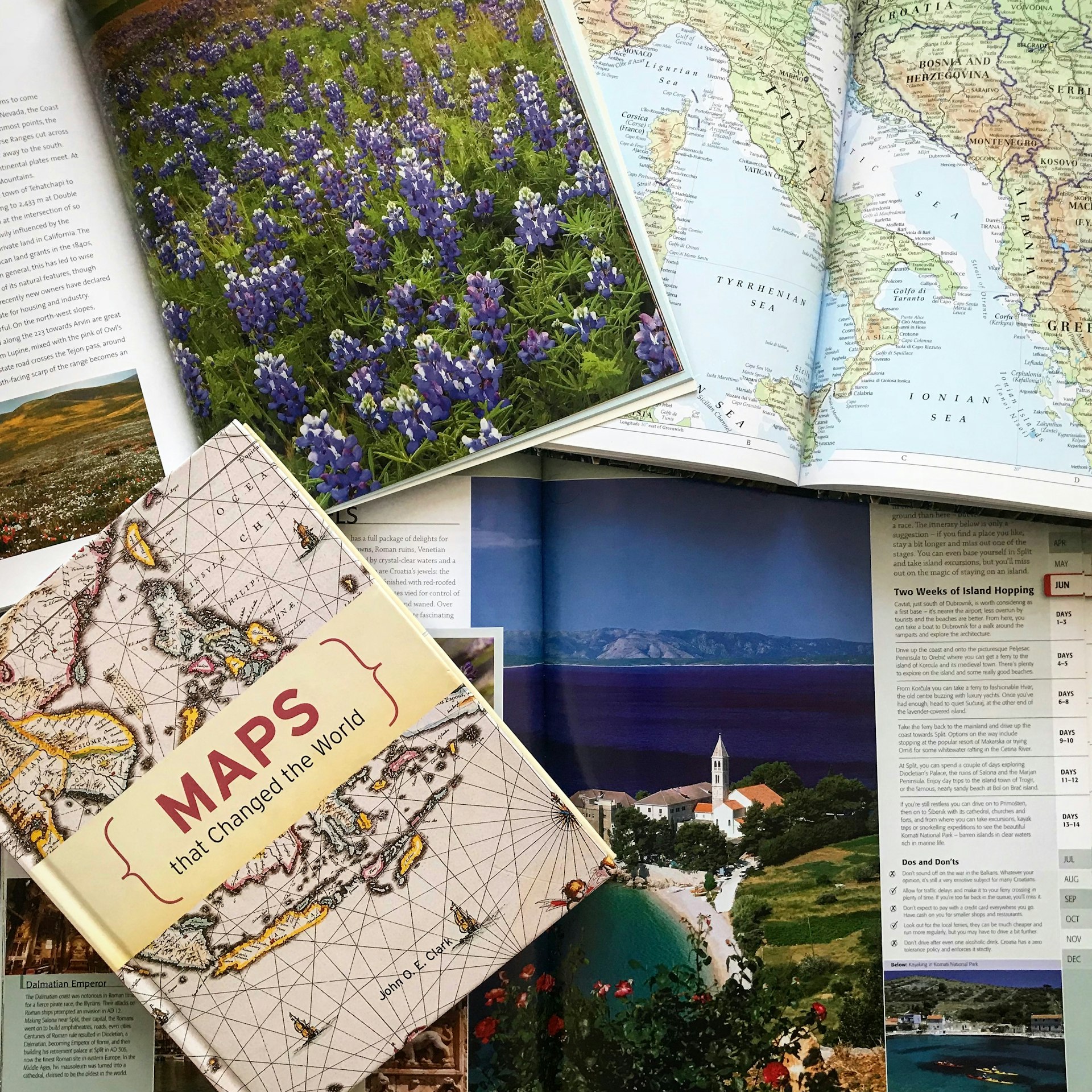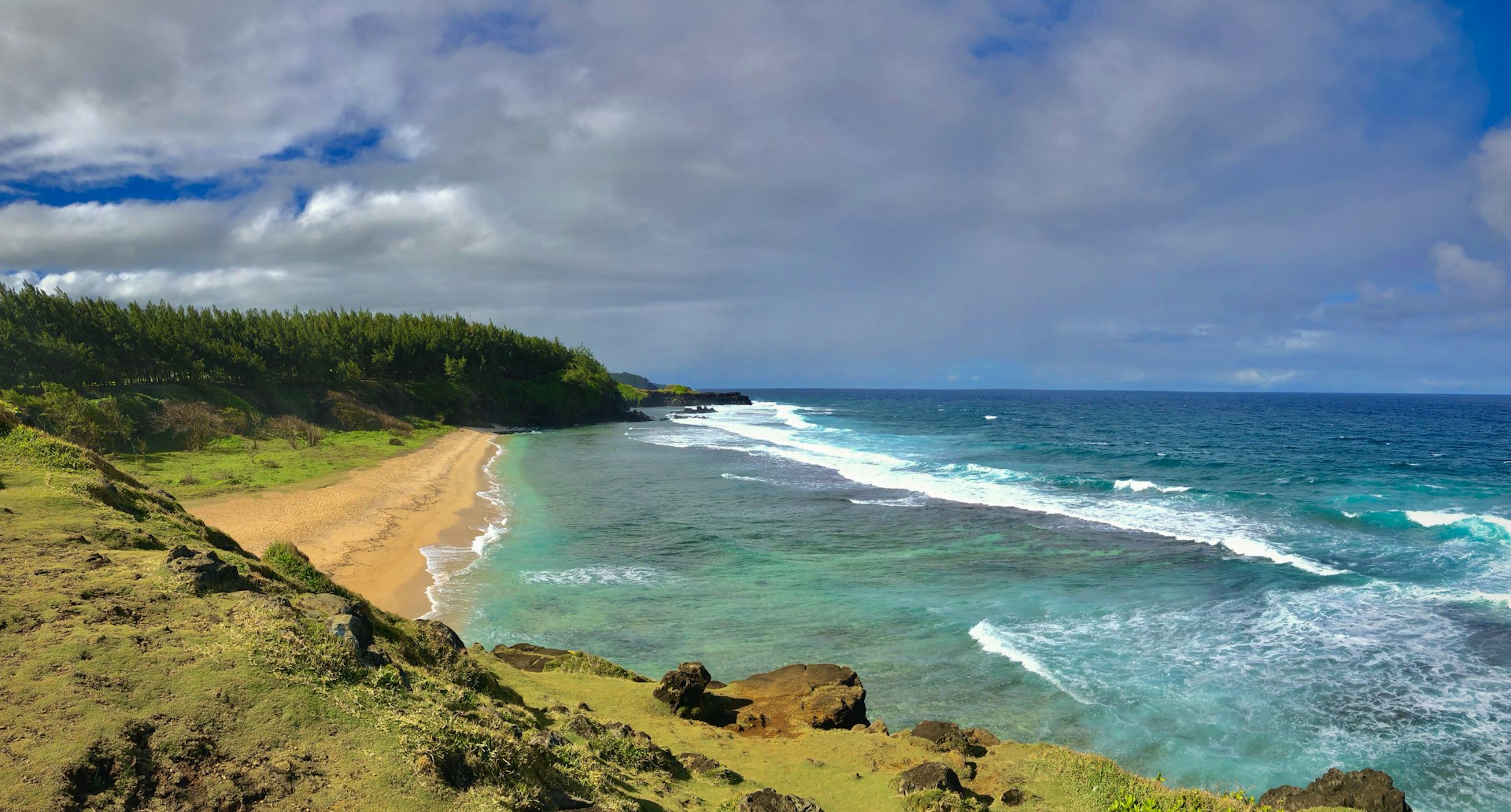Sustainable Travel Practices: A Guide for Eco-Conscious Tourists

Photo by Vitaly Gariev on Unsplash
Understanding Sustainable Travel
Sustainable travel is a mindful approach that considers the environmental, social, and economic impact of every journey. As global tourism contributes 8-10% of greenhouse gas emissions, adopting responsible practices is crucial for safeguarding ecosystems, supporting local economies, and preserving cultural integrity for future generations [3] . Eco-conscious tourism requires travelers to make informed choices that minimize harm and maximize benefits for the destinations they visit [5] .
1. Select Eco-Friendly Accommodations
Choosing lodgings committed to sustainability can significantly reduce your environmental footprint. Many eco-friendly hotels and guesthouses use renewable energy, implement water-saving systems, and source local, organic food. These accommodations also support the local economy by hiring community members and promoting regional products [1] . Platforms like Ecobnb offer curated lists of sustainable properties meeting strict environmental criteria, such as energy efficiency and waste reduction. Before booking, review the property’s sustainability certifications and inquire about their green initiatives.

Photo by Let hho on Unsplash
For travelers seeking these accommodations, search for terms like “sustainable hotels,” “eco-lodges,” or “green certified stays” in your destination. Many major booking sites now include filters for eco-friendly properties, making it easier to identify responsible options.
2. Make Efficient Use of Transportation
Transportation is often the largest contributor to a traveler’s carbon footprint. Airplanes and private cars emit more greenhouse gases than trains, buses, or shared vehicles [6] . Whenever possible, opt for direct flights to minimize emissions, choose trains or buses for shorter distances, and use public transportation or bicycles within your destination. Walking not only reduces emissions but also allows for meaningful interactions with local communities and cultures [2] .
For trips where flying is unavoidable, consider using carbon offset programs offered by many airlines. These programs invest in environmental projects to balance out the emissions from your flight. To find the most climate-friendly routes, use tools such as the International Air Transport Association’s CO2 calculator or similar resources provided by environmental organizations.
3. Support Local Communities and Economies
Eco-conscious tourism extends beyond environmental protection to fostering positive social and economic impacts. Supporting locally owned businesses-such as family-run restaurants, artisan shops, and community-led tours-ensures your spending benefits residents directly [1] . Additionally, participating in cultural activities and respecting local customs enriches your experience and demonstrates appreciation for your hosts [4] .
To identify responsible operators and experiences, look for community-based tourism certifications or ask your accommodation for recommendations. Practice ethical bargaining in markets and avoid exploitative activities, such as wildlife exploitation or purchasing products made from endangered species. If in doubt, consult official tourism boards or established non-governmental organizations for guidance.
4. Minimize Waste and Resource Consumption
Travelers often generate excess waste due to single-use plastics, disposable packaging, and improper disposal methods. To reduce your impact, pack reusable items such as water bottles, shopping bags, utensils, and toiletry containers. Many destinations now offer water refill stations and encourage the use of sustainable materials [3] .
Be mindful of water and energy consumption in hotels by reusing towels, turning off lights and air conditioning when not in use, and avoiding long showers. When exploring natural areas, adhere to designated paths, avoid disturbing wildlife, and practice ‘Leave No Trace’ principles. If your destination lacks proper waste management, carry your trash until you can dispose of it responsibly at a suitable facility.
5. Choose Less-Traveled Destinations and Slow Travel
Overtourism puts pressure on popular sites, leading to environmental degradation and reduced quality of life for residents. By exploring less-visited areas, you help distribute tourism’s benefits and reduce strain on fragile ecosystems [2] . Slow travel-spending more time in one place-allows for deeper cultural immersion, reduces transportation-related emissions, and fosters meaningful engagement with the local community.
To find alternative destinations, research regional tourism boards or seek recommendations from sustainable travel blogs and organizations. When planning your itinerary, consider the timing of your visit to avoid peak seasons, which can amplify the negative effects of mass tourism.
6. Engage in Responsible Wildlife and Nature Experiences
Wildlife tourism can support conservation but also carries risks if not managed ethically. Choose operators who prioritize animal welfare, avoid captive wildlife attractions, and participate in conservation projects. Observe animals from a distance, never feed or approach them, and avoid purchasing souvenirs made from endangered species.
If you’re interested in volunteering with conservation programs, research reputable organizations through environmental NGOs or official government agencies. Ensure the program’s mission aligns with recognized best practices and genuinely benefits local wildlife and habitats.
7. Resources and Next Steps for Eco-Conscious Travelers
For further guidance, consult organizations like Sustainable Travel International, the Global Sustainable Tourism Council, and major nonprofit conservation groups. These organizations provide tips, certifications, and resources for travelers aiming to reduce their environmental impact. If you need assistance planning a sustainable trip, consider contacting a certified travel agent specializing in eco-tourism or using official tourism board websites for your chosen destination.
Before making bookings, review the sustainability policies of accommodations, transportation providers, and tour operators. When in doubt about the legitimacy of a service or certification, contact the provider directly or consult with trusted environmental organizations. Many major travel booking platforms now highlight eco-certified options, but always verify the criteria behind these labels.
Summary and Key Takeaways
Embracing sustainable travel practices allows eco-conscious tourists to enjoy meaningful adventures while safeguarding the planet and supporting local communities. By making informed choices-such as selecting green accommodations, reducing waste, choosing efficient transportation, and engaging responsibly with nature-you can contribute to a more sustainable future for global tourism. Remember to stay informed, ask questions, and seek out resources from trusted organizations to guide you on your journey.
References
- [1] Ecobnb (2022). Sustainable Travel: 8 Best Practices.
- [2] HeleWai Eco Tours (2025). The Ultimate List of Sustainable Travel Practices.
- [3] Earth.Org (2023). Eco-Friendly Travel: Exploring Sustainable Tourism.
- [4] York College of Pennsylvania (2023). Sustainable Travel: Explore Eco-Friendly Tourism Options.
- [5] Les Roches (2023). Eco-Friendly Tourism: A New Era of Conscious Travel.
- [6] Sustainable Travel International (2024). Top 10 Tips for Sustainable Travel.
MORE FROM dealseekersguide.com













